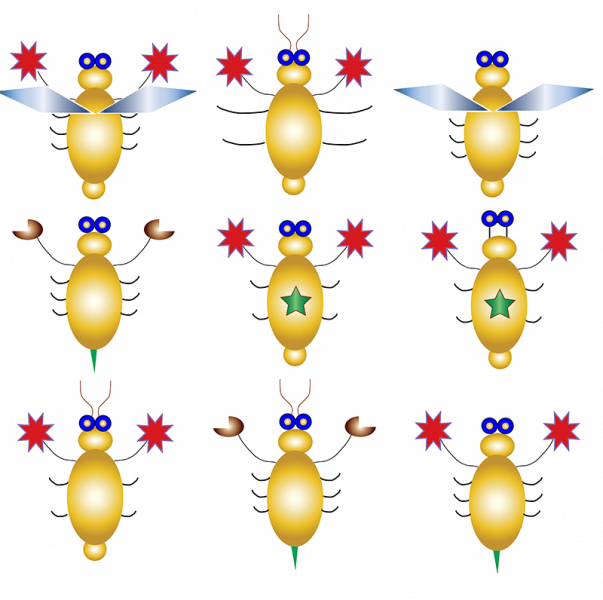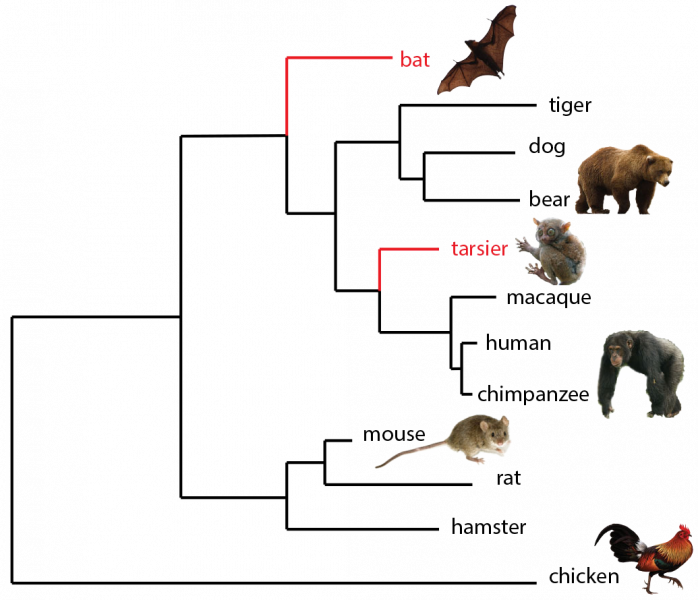Outreach
-
Achieving the best scholarship requires an environment that places no boundaries or constraints on creative thought. The ideal environment for doing science is diverse, equitable, inclusive and accessible to all.
It is incumbent on biologists to share their passion for discovering the secrets of the natural world with the public. The CRE is committed to communicating what we do beyond the walls of academia, and to increasing the scientific literacy of the public. CRE members regularly participate in kids’ science programs at community centers. We also work with local high school teachers to develop more effective tools for teaching complex biological concepts.
For example, our National Science Foundation award DEB-1655840 (including RET and RAHSS Supplements) supported a collaboration, led by CRE Postdoctoral Fellow Dr. Erin McCullough, with two New York state high school teachers, Lauren Verdeflor and Alaina Weinsztok, to develop a fun exploratory activity to teach students about phylogenetics and to help develop their tree-thinking skills. All materials for this teaching module are freely available below and we encourage any teacher/school to incorporate it into their curriculum.
This exploratory teaching module is described in detail in the publication:
McCullough EL, Verdeflor L, Weinsztok A, Wiles JR, Dorus S. 2020. Exploratory activities for understanding evolutionary relationships depicted by phylogenetic trees: united but diverse. The American Biology Teacher 82(5): 333-337.
Download Publication (.pdf) | Download Educator’s Guide (.pdf) | Download Student Worksheets (.docx)

The Society for the Study of Evolution, Education and Outreach Committee is pleased to announce the winners of the 2020 T. H. Huxley Award, Dr. Erin L. McCullough and Ms. Lauren Verdeflor and colleagues Alaina Weinsztok, Jason R. Wiles, and Steve Dorus for their activity, “Exploratory activities for understanding evolutionary relationships depicted by phylogenetic trees: united but diverse.” This award, named in honor of Darwin’s very public supporter, Thomas Henry Huxley, was established in 2013 to recognize outreach and education achievement for early and mid-career scientists.
-

Figure 1. Alien species used in the “Diagnostic Assessment” section of the module. Students are asked to group species on the basis of shared characteristics to infer their evolutionary relationships.

Figure 2. Phylogenetic tree depicting the evolutionary relationships among the animals used in the “Application” section of the module.

